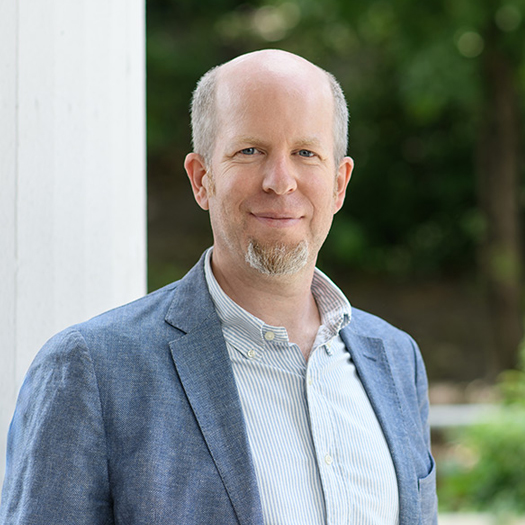The Effects of Family Policy on Labour Supply and Fertility Decisions: Evidence from a Dynamic Structural Micro-Economic Model with Task-Specific Human Capital, Estimated Using Microdata for France and Germany
The Effects of Family Policy on Labour Supply and Fertility Decisions: Evidence from a Dynamic Structural Micro-Economic Model with Task-Specific Human Capital, Estimated Using Microdata for France and Germany
Although France and Germany are similar in many socio-economic dimensions, their total fertility rates are at the opposite extremes of the spectrum found in the OECD. German family policy has sought to increase the low rate for years with little success. We believe that much can be learned from a systematic comparison that is guided by economic theory, features detailed modeling of family policy and labor market environments alike, and adequately controls for heterogeneity in preferences. In the proposed project, we develop an estimable life cycle model with endogenous fertility, career, and labor supply decisions. The model is fully forward-looking, so women choose their careers based on their desired fertility level and the costs of career breaks. Estimating comparable versions of the model for Germany and France will allow us to decompose differences in outcomes into differences in policy, the labor market environment, and preferences. Moreover, the model will be used to simulate changes to the current system of family policies in both countries.

